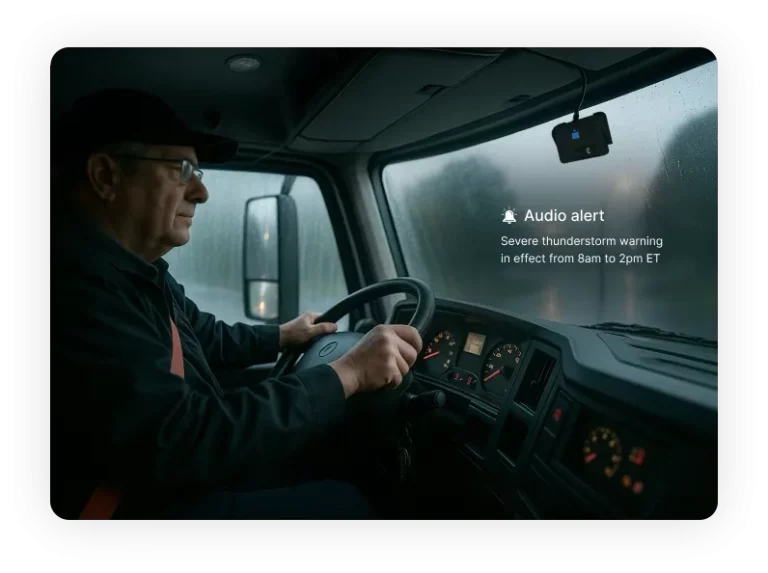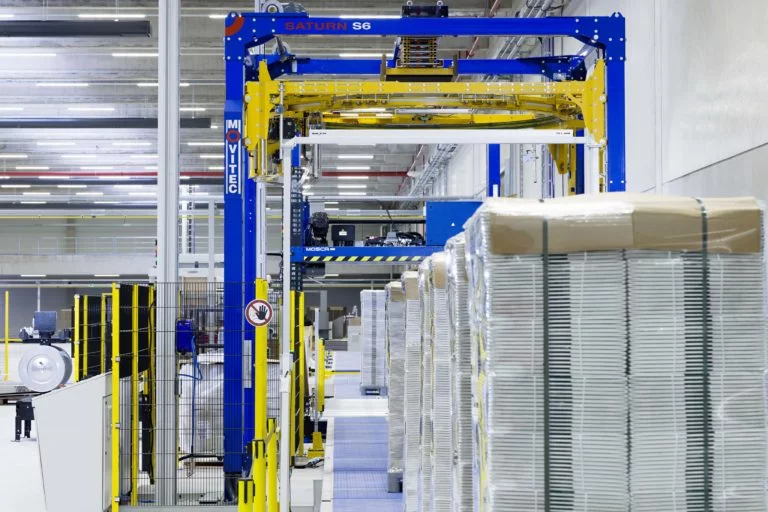Palletised freight distribution network, Pall-Ex Group, is celebrating a business milestone with 193 of its longest-serving employees collectively reaching 1,800 years of service. Each with continuous employment spanning from three to 45 years, the employees have been celebrated in a new long-service initiative brought about by the company. An awards ceremony recognising employees for their length of service is set to become an annual event, honouring their excellent dedication and commitment.
Long-service recognition is given to those employees that reach three, five and ten years, then every five years thereafter. Across Pall-Ex Group, 14% of its employees have reached their ten-year milestone, with the longest serving achieving an impressive 45 years’ service.
Employees across the business are given a range of benefits in addition to continuous training and incentive schemes to boost performance and encourage development. Those now achieving a long-service milestone are presented with a certificate and commemorative pin by Senior Management, along with additional holidays and bonus payments ranging from £100 to £1,500.
Among those who received the award was Ian Hooper who has been with the Pall-Ex Group team at Intercounty Distribution for 45 years. Commenting on his achievement Ian said: “No two days are the same at Pall-Ex which has kept my role interesting and varied over the years. From being a teenage boy, all I ever wanted to do was drive a truck for a company that values me and that is what I have been doing nearly all my working life. I am very proud to have worked for Intercounty Distribution as part of the Pall-Ex Group for over 45 years. It has been my second home and I have learnt a lot along the way, with far more training and technology now in place to assist me. I’d encourage anyone looking for a first job or new job to take a look at joining Pall-Ex as it has so much to offer.”
UK Managing Director Barry Byers added: “We’d like to offer all those employees who have been recognised many congratulations on their achievement. We are incredibly thankful for the unwavering dedication and loyalty of all our long-serving employees. Their commitment and passion continue to drive the business forward as we strive for excellence, and we are incredibly grateful to them, and all staff, as part of our Pall-Ex Group family.”













